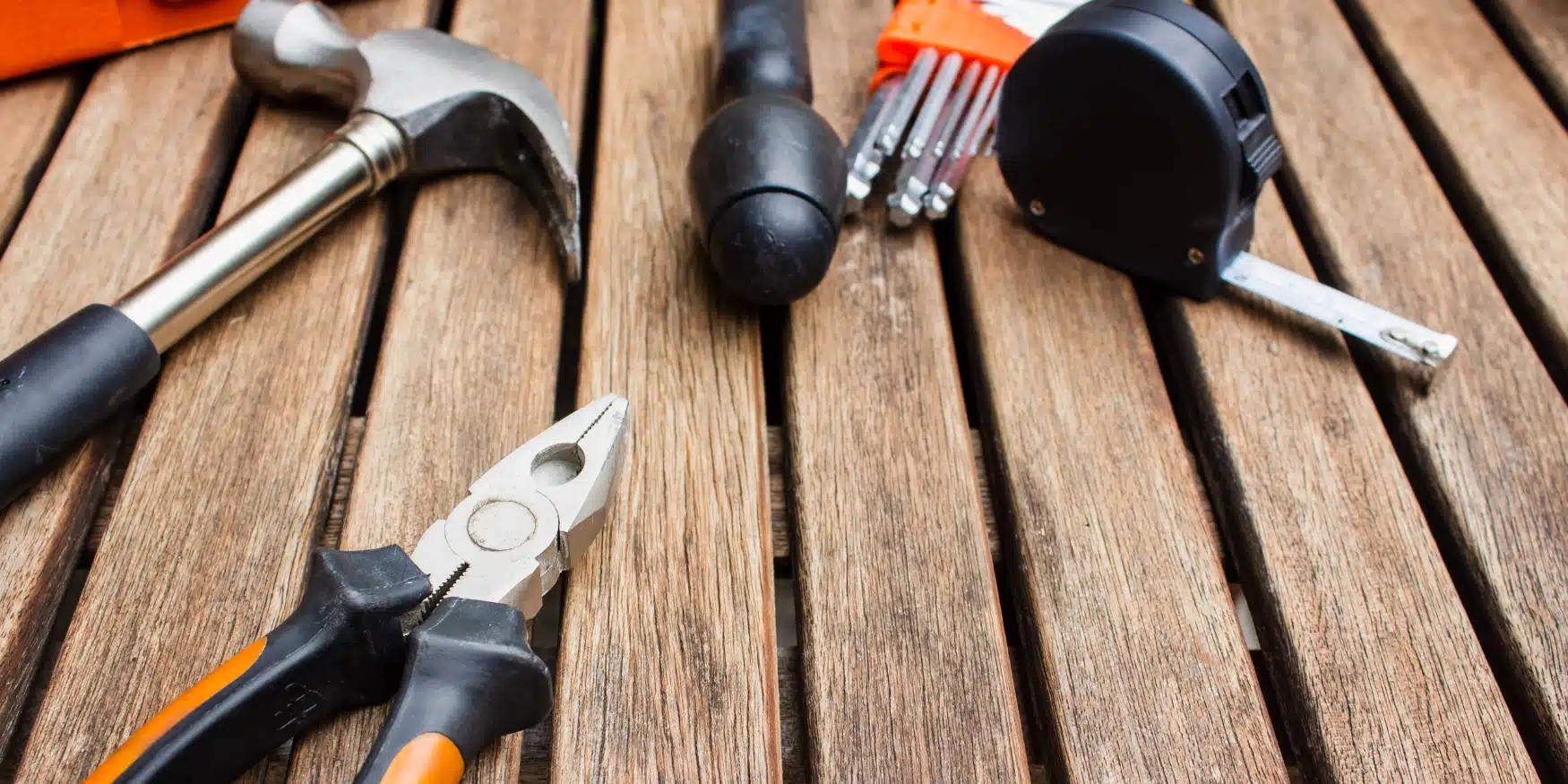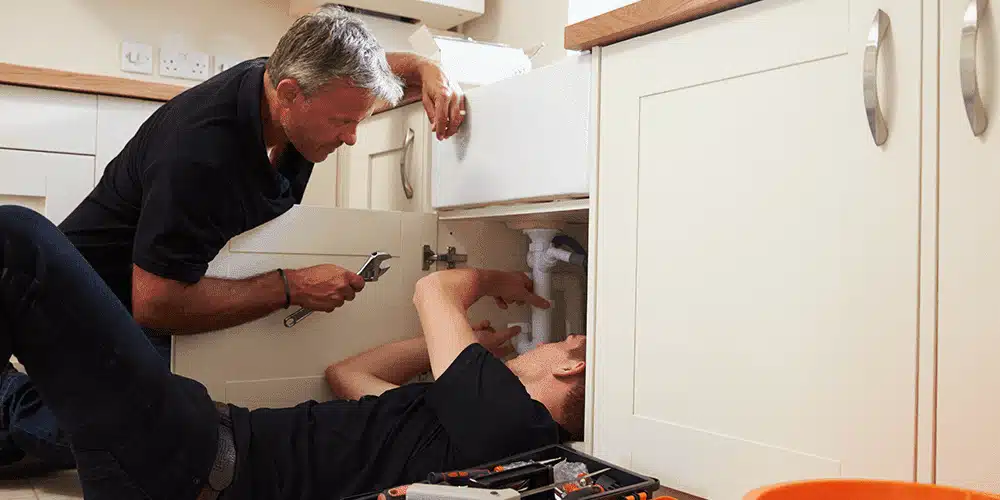
Disclaimer: The information in this article is for general guidance only and does not constitute tax or financial advice. It is based on the tax and financial regulations in the United Kingdom and may not apply to other countries or regions.
All tradespeople will know that there are two sides to running a trades business.
Side one is your craft – getting out on the tools, delivering your services to your customers, and bringing home the bacon.
Side two is the paperwork – quotes, job cards, invoices, budgeting, and general admin work.
In order for you to be a success, both sides of your trades business need to be running smoothly.
Without managing your finances effectively, you’ll quickly become overwhelmed, you’ll waste unnecessary time and stress trying to get by and, to put it bluntly, your trades business will fail.
So, whether you’ve been in a trade for some time, or you’re thinking about making a go of it, please take our advice and get organised.
It’ll make your life so much easier!
Here are nine practical money management tips for tradespeople:
When it comes to finances for tradespeople, surprises are not a good thing.
Whether you are a small business, or a sole trader, you should always maintain detailed records of income and expenses, and ensure that your bank statements match up to them.
If you regularly track your money, you’ll notice if something is wrong, and correct the mistake before it snowballs into a problem.
Accounting software is the easiest way to manage your financial data, and keep on top of things like expenses, cash flow management, and invoicing.
Get a strong system in place, and managing your money becomes easier than you may think.
With each job you do, calculate the difference between your revenue and costs.
Your aim should be to create healthy profit margins, to make the work worth your while.
And please do NOT undervalue yourself or your services.
Make sure you consider factors like labour, materials, and overheads when you’re setting prices or quoting a job.
If you want manage your money effectively, nothing beats a good plan.
Now that you will be keeping a close eye on money coming in and going out of your trades business, you can set up a budget planner to help you manage your cash flow effectively.
Remember, every pound counts. Get it all documented and start planning ahead.
In your budget planner, estimate monthly expenses and allocate specific funds according to your outgoings. This way, you’ll avoid overspending.
You’ll also want to anticipate how much money you’ll be bringing into the business, and plan for potential growth or downturns.
Which takes us to our next tip, preparing for the worst.
Whether it’s unexpected repairs, a slow season, an injury, or anything else, we can’t always plan for everything.
What we can do, though, is to have a financial cushion to give us that peace of mind if your trades business does take a dip.
The best way to do this is to set aside a portion of your earnings into your business account. Then ensure you keep your business and personal funds separate.
If your business is doing well, you may be tempted to dip into your cash reserves for personal expenses, but try to resist this, and enjoy the peace of mind that comes with having a pot for any unexpected business expenses.
Get a speedy system in place when it comes to your invoices.
Once you’ve completed a job, send out your invoice quickly, and make sure they are clear and detailed to avoid any misunderstandings, build trust with customers, and encourage timely payments.
Delayed invoicing directly affects your cashflow, so make sure you get on top of this process.
If a customer delays payment, then don’t be afraid to follow up.
Politely remind your clients about outstanding invoices, as consistent follow-ups improve cash collection.
It’s important to build up good relationships with suppliers.
Don’t be afraid to try and get yourself a better deal by negotiating payment terms and making use of any bulk discounts.
However, be careful not to overdo it and overstock equipment, as buying excess inventory can tie up money and reduce your spending power.
Quality investments pay off in the long run, which is why you should invest in yourself.
This may mean attending workshops, conferences, or courses to stay ahead in your field, and ensure the work you are producing is of the highest possible standard.
You may also need to invest in new equipment, and even speaking to a financial advisor about diversifying your investments outside of your trades business.
Get a regular ‘financial check-up’ in your diary, as it’s not enough to only get organised once.
Whether it’s daily, weekly, or monthly, you should be regularly checking your profit and loss statements, balance sheets, and cash flow reports.
Unless you’re moonlighting as a mathematician, the best way to do this is to seek professional advice.
Consult an accountant or financial advisor periodically to fine-tune your money management strategies.
You may have seen this one coming, but there is software out there which can make your trades business money management an absolute doddle.
That’s because Fergus can accept payments seamlessly, create quotes and invoices in seconds, and track jobs from start to finish.
Get reminders about overdue payments, incorporate safety certificates, communicate with clients, generate reports, and manage any staff members you have.
All in one place.
Want to grow your trades business?
Try Fergus for free, and see the difference for yourself.
Stop drowning in admin & paperwork. Start focusing on the jobs that make you money.



Our 20,000+ trades businesses have slashed their admin, are getting paid faster, and are finally enjoying their weekends again.



